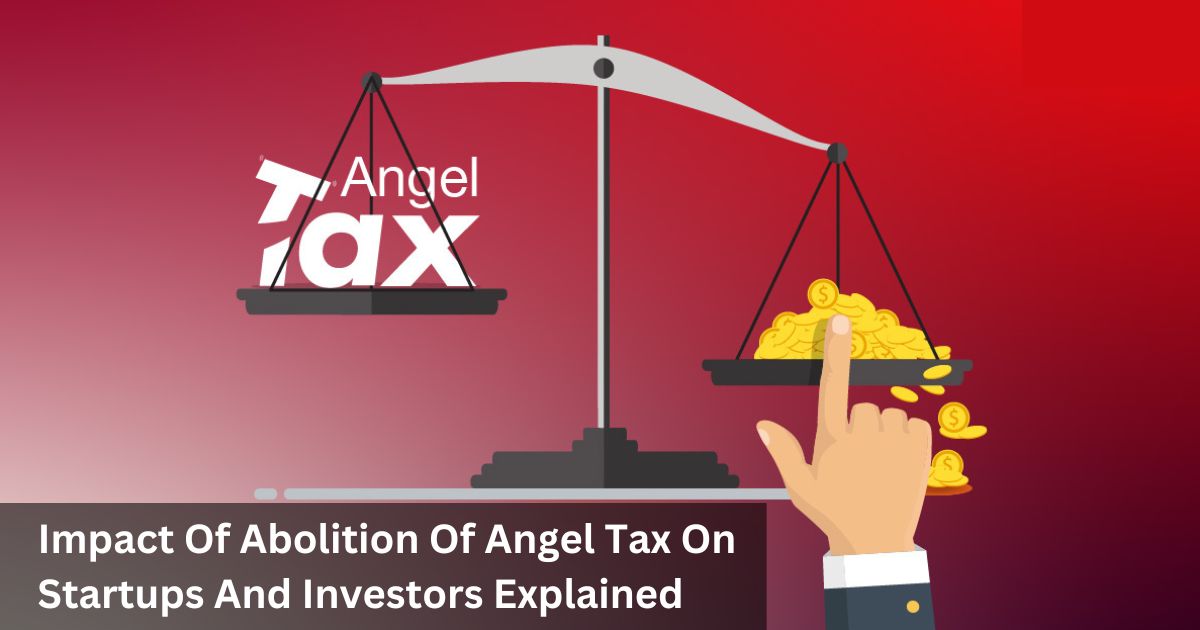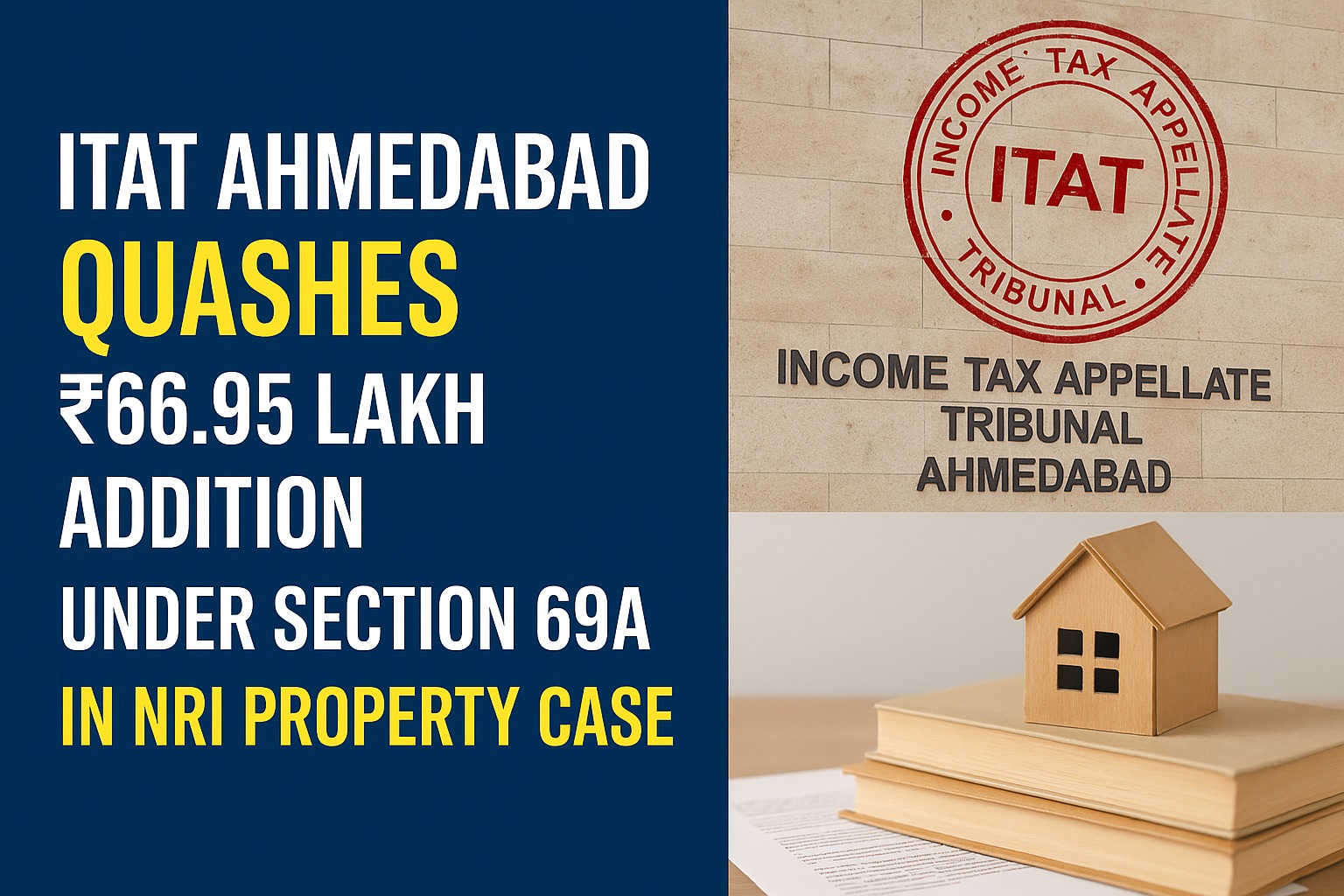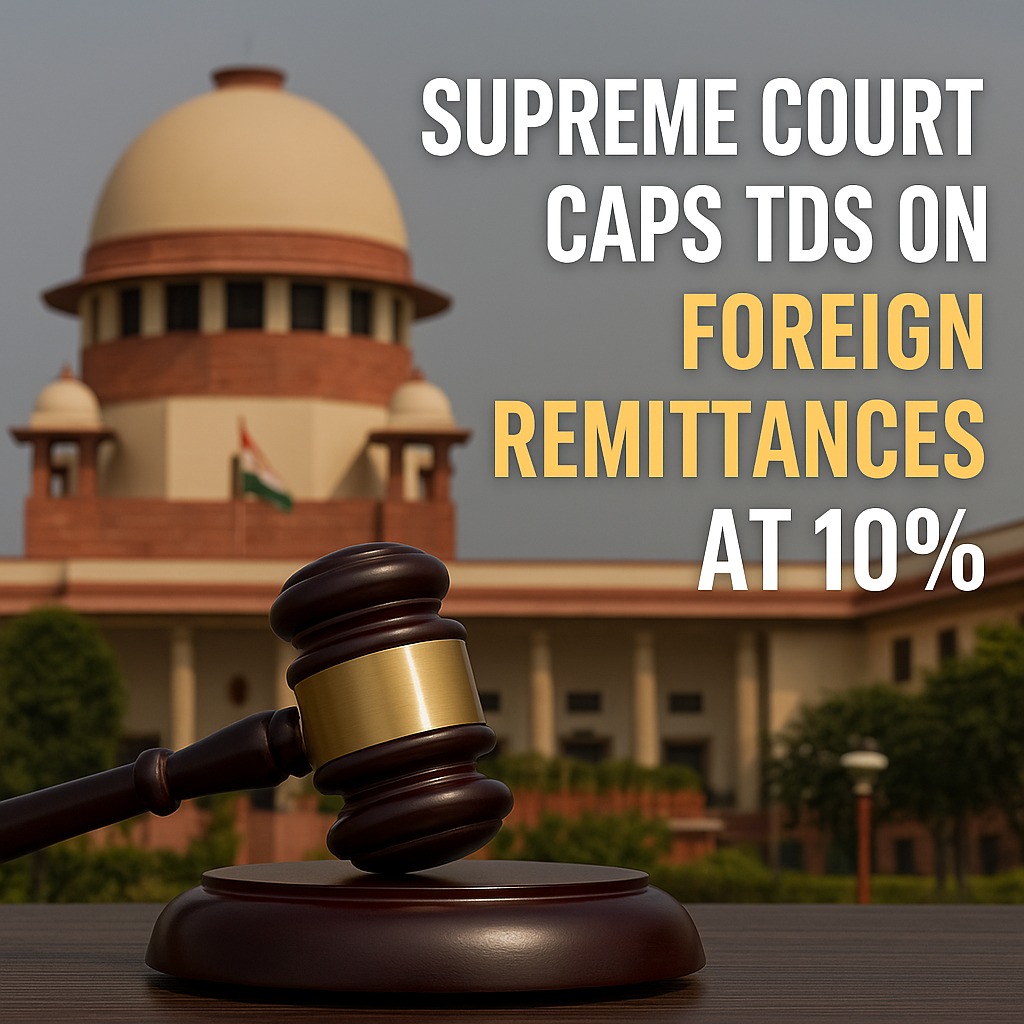 WhatsApp
WhatsApp
 Call Us
Call Us
 Email Us
Email Us
 Whatsapp Community
Whatsapp Community

The angel tax regime was originally introduced in 2012 as an anti-abuse measure to prevent money laundering. On July 23, Finance Minister Nirmala Sitharaman announced that the "angel tax" will be scrapped, bringing cheer among startups and their investors. Here, we explain how this draconian law came into being and what its removal means for the startup ecosystem.
The idea of the angel tax was first introduced in the 2012 Union Budget by then Finance Minister Pranab Mukherjee. The primary objective was to check money laundering practices through investments in startups and to catch bogus firms.
Angel Tax, formally known as Section 56(2)(viib) of the Income Tax Act, is the tax imposed on funds raised by startups from angel investors. This tax applies only to funds that exceed the fair market value of the company. For example, if a company's fair value is Rs 1 crore and it raises Rs 1.5 crore from angel investors, the excess amount of Rs 50 lakh is subject to this tax. Tax authorities considered the premium paid by investors as income, taxable at around 31 percent.
Yes. Angel investors are high-net-worth individuals (HNIs) who invest their personal income in business startups or small and medium-scale companies.
In recent years, many startups have expressed significant concerns regarding the angel tax, describing it as excessively unfriendly and unjust. They argue that determining the fair market value of a startup is impractical. Startups claim that Assessing Officers (AOs) often choose the discounted cash flow method to calculate this value—a method perceived to favour tax authorities over startups. Startups have reported receiving tax notices on angel investment raised 3-4 years prior. In some instances, the total amount owed in taxes and late payment fees exceeded the original funding amount. At the height of the angel tax imbroglio in 2019, a survey by LocalCircles showed that over 73 percent of startups that had raised capital between Rs 50 lakh to Rs 2 crore in India received angel tax notices from the income tax department.
No. Until last year, this tax was imposed only on investments made by resident investors. However, it was extended to transactions involving foreign investors as well.
In the 2019 Union Budget, the government eased the angel tax rules by mandating that Department for Promotion of Industry and Internal Trade (DPIIT)-registered startups would be exempted from the provision. But the fine print showed that it was not a blanket exemption for all such startups. It applied only to those certified by a government body called the Inter-Ministerial Board (IMB). The IMB is a group of bureaucrats who certify whether a startup is innovative and worthy of receiving benefits under the Income Tax Act, 1961. Out of the 84,000 startups registered with the DPIIT as of now, less than 1 percent are IMB-certified.
The abolition of the angel tax in Budget 2024 marks a significant milestone for the startup ecosystem in India. This move is expected to foster a more investor-friendly environment, encouraging more investments and supporting the growth of innovative startups.







Stay in the loop, subscribe to our newsletter and unlock a world of exclusive updates, insights, and offers delivered straight to your inbox.